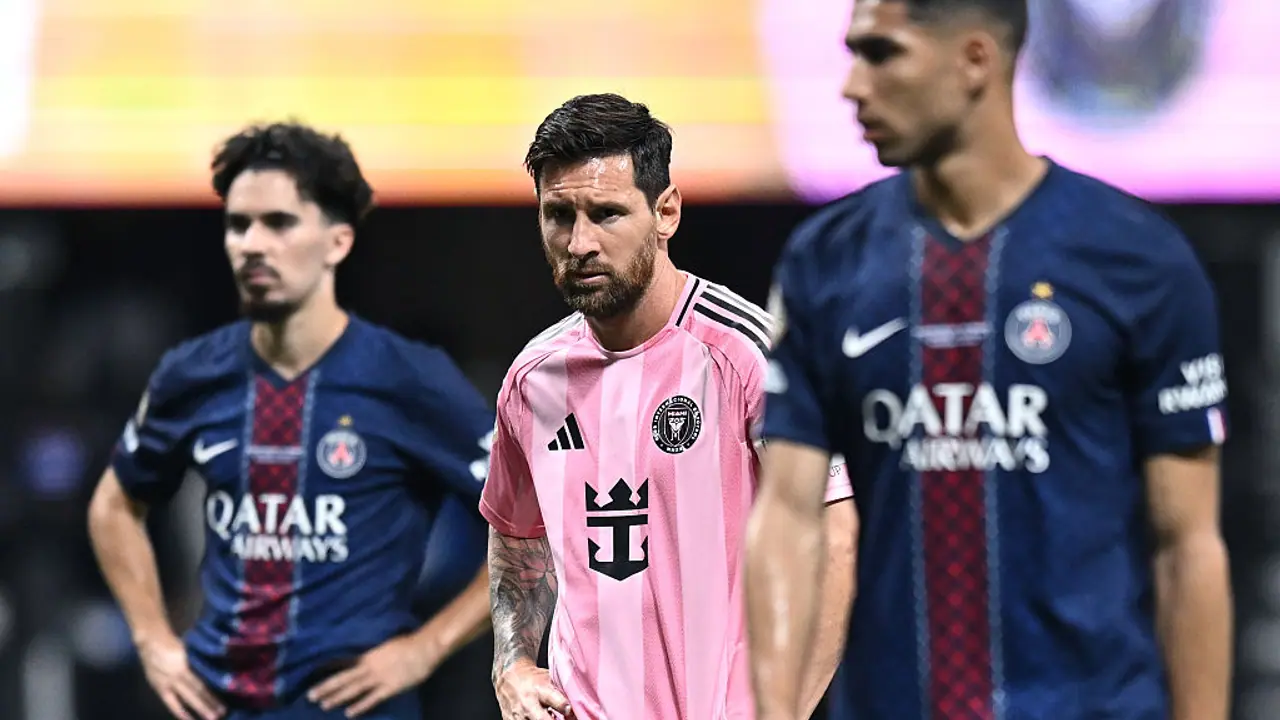Despite a historic match against PSG, Inter Miami's defeat highlighted MLS's struggle to compete globally. The league's spending restrictions, designed for parity, may hinder its ability to attract top talent.
Sunday's intercontinental matchup between Inter Miami and PSG was billed as a historic day for Major League Soccer. However, the European champions' 4-0 thrashing of Miami exposed the league's struggles to compete with the world's top clubs.

MLS Commissioner Don Garber hailed the matchup a "historic day" for the league. He said that it would be a "moment to celebrate for everyone who’s believed in our league." Inter Miami did far better than other MLS sides in the tournament with Seattle Sounders and LAFC being eliminated in the group stage. They also defeated a strong European side like Porto and became the first MLS club to do so in a competitive match, thanks to a sublime Lionel Messi performance.
Spending restrictions
The league's restrictive spending rules, designed to promote parity, may be hindering its ability to attract top talent and compete globally. These rules limit the amount clubs can spend on top players, making it difficult for them to build dominant squads.
Many MLS executives believe the league needs to relax its spending restrictions to increase the quality of players and rosters. This would allow clubs to invest in top talent and compete more effectively with top leagues.
According to a league executive, MLS have to capitalize on the World Cup to grow the fan base and viewership.
"Really it’s about increasing the quality of players and rosters and having exciting teams. That’ll come with more changes to salary cap and rules and regulations and giving more flexibility to bring more players to the league,” the executive said.
League’s defining choice
With the 2026 World Cup on the horizon, MLS is at a critical juncture. The league must decide whether to prioritize parity or ambition. Will it continue to limit spending, or will it allow clubs to invest in top players and compete globally?
The answer seems obvious. By freeing itself from restrictive spending rules, MLS could compete more effectively with top leagues. This approach would allow legacy clubs and organizations to build and grow, while also permitting ambitious clubs to invest in top talent.
Sunday's matchup was hailed as a moment to celebrate for MLS. However, the lopsided defeat exposed the challenges the league faces in its quest for global relevance. As MLS looks to the future, it must confront the tension between parity and ambition head-on.


